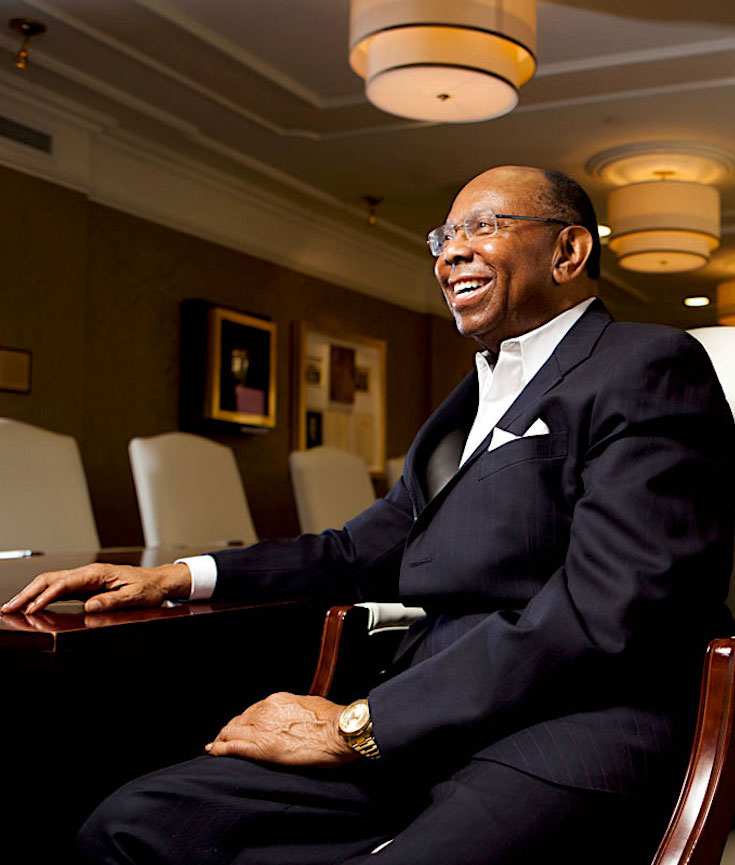As far as business mogul Bill Pickard is concerned, the more money that African-Americans can spend with each other, the better.
The affable, Detroit-based entrepreneur and author of Millionaire Moves: Seven Proven Principles of Entrepreneurship (Real Times Media, 2017) offered that opinion when asked about Philadelphia’s new I Buy Black Card, an effort spearheaded by business leaders including music legend Kenny Gamble to keep more Black consumer dollars within the community.
“Everything that we can do helps. Let me repeat myself: Everything that we can do helps. I would suggest to you that in Chicago or Detroit the Black dollar stayed longer in our communities in 1955 than it does in 2017, because we had more Black businesses and Black merchants, and the dollar transferred [between Black people] many more times than it does today.”
[mc4wp_form id=”6042″]

The municipality of Detroit had a 2015 estimated population of 677,116, making it the 21st-most populous city in the United States. The metropolitan area, known as Metro Detroit, is home to 4.3 million people, making it the second-largest in the Midwest, and lies at the heart of the Great Lakes Megalopolis area, with around 60 million people. Roughly one-half of Michigan’s population lives in Metro Detroit alone. The Detroit–Windsor area, a commercial link straddling the Canada–U.S. border, has a total population of about 5.7 million.
Detroit is a major port on the Detroit River, a strait that connects the Great Lakes system to the Saint Lawrence Seaway. The Detroit Metropolitan Airport is among the most important hubs in the United States. The City of Detroit anchors the second-largest economic region in the Midwest, behind Chicago, and the thirteenth-largest in the United States. Detroit and its neighboring Canadian city Windsor are connected through a tunnel and various bridges, with the Ambassador Bridge being the busiest international crossing in North America. (Wikipedia).


You must be logged in to post a comment.